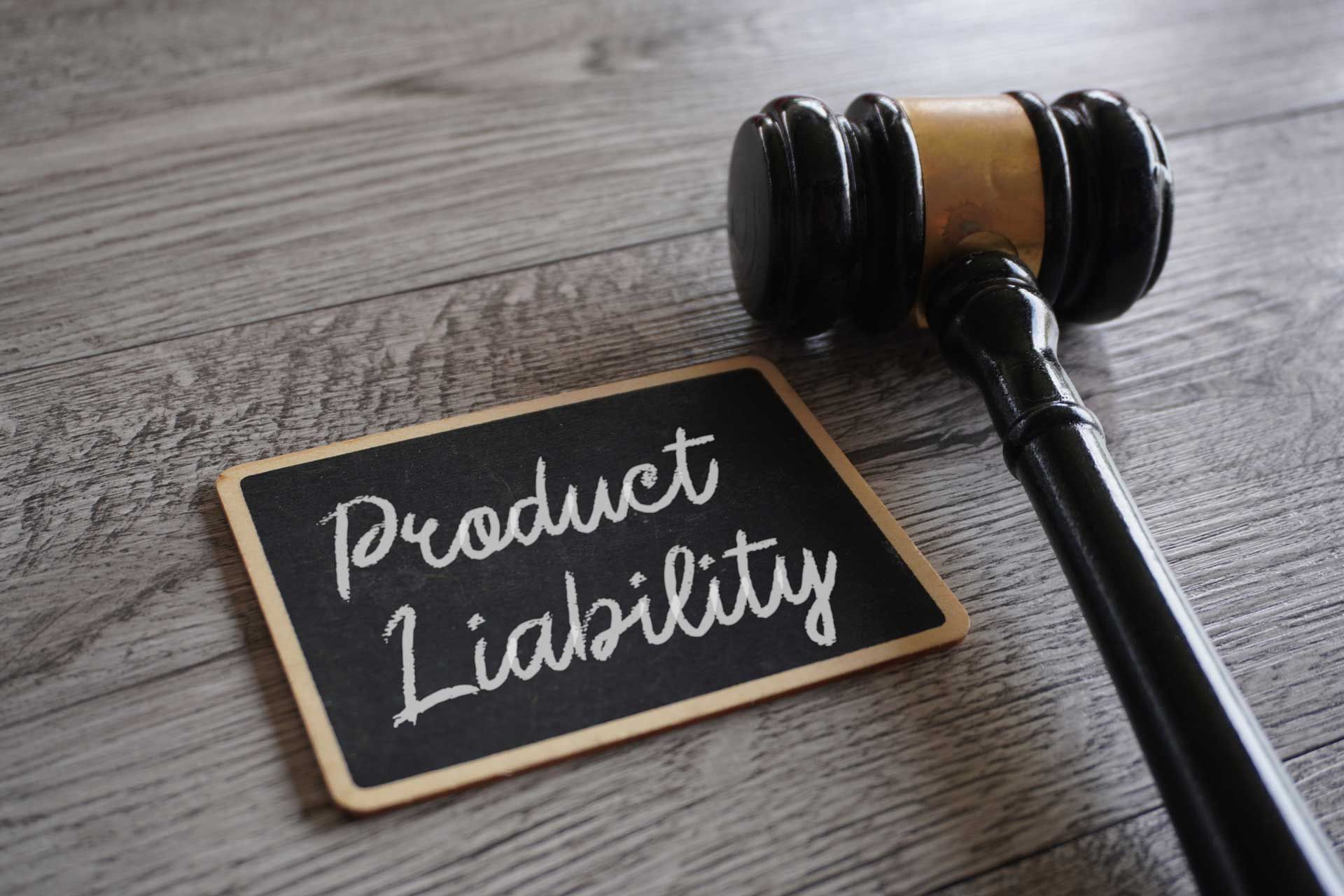Five Signs its Time to Sell Your Business
By Andrew Lowery

Deciding when to sell a business is a critical decision for any entrepreneur or business owner. Timing is crucial, and recognizing the right moment can be challenging. This paper explores five key signs that indicate it may be time to sell your business. These signs encompass financial, personal, and market-related factors that should be carefully considered to make an informed decision. By understanding and evaluating these indicators, business owners can navigate the complex process of selling their businesses effectively.
Declining Financial Performance: One of the most prominent signs that it may be time to sell your business is a sustained decline in financial performance. This includes declining revenues, shrinking profit margins, or rising debt levels. A consistent pattern of financial deterioration may indicate that your business is facing challenges that are unlikely to be resolved in the near future. Selling the business during a downturn can help you salvage its value and avoid further financial losses. Prospective buyers are often more interested in businesses with a strong financial track record, making it essential to act before financial issues become irreparable. But selling your business in a downturn will be challenging and most buyers will not pay a valued amount due to the decline. When selling a business one of the biggest pieces of advice we give to our clients is “do not take your foot off the gas”. We say this to mean, keep the growth going, if a business is in decline, the potential buyers will have concerns over where is the bottom? Rightfully so, their concerns will have to be addressed.
Burnout and Personal Stress: Owning a business and entrepreneurship can be demanding, and it's common for business owners to experience burnout or excessive personal stress as they manage their companies. If running your business has taken a toll on your physical and mental well-being, it may be a sign that it's time to sell. Chronic stress can negatively impact decision-making and overall business performance. Selling the business can provide an opportunity for you to regain a healthier work-life balance and pursue other personal or professional interests. You should try and take a much needed vacation to see if this will reduce your stress. If this works, you can decided then with a more clarity about if it’s time to sell or not.
Market Changes and Industry Trends: Another critical factor to consider is the evolving market and industry landscape. Industries can go through cycles of growth and decline, and staying attuned to these changes is essential. If your business operates in an industry that is facing structural challenges, such as increased competition or technological disruption, selling before the situation worsens may be wise. Additionally, identifying market trends and or political strategies that may diminish the long-term prospects of your business can be a compelling reason to exit the market while your business still holds value. Advisory firms like Landmark Advisors keep track of industry trends and the market environment and can help you assess how current circumstances are likely to affect your business in the coming months and years.
New Opportunities or Interests: As a business owner or entrepreneur, your interests and aspirations may evolve over time, especially if you have been successful and held onto a lot of your financial success. If you've identified new opportunities or interests that you are passionate about pursuing, selling your business can free up resources, both financial and time, to invest in these endeavors. Entrepreneurs often have multiple business ideas throughout their careers, and selling a current business can be a strategic move to fund the next venture.
Attractive Acquisition Offer: An attractive acquisition offer is perhaps the most straightforward sign that it's time to sell your business. If you receive a compelling offer that aligns with your financial goals and business valuation, it's worth serious consideration. Potential buyers may include competitors seeking to expand, private equity firms, or strategic investors who recognize the value of your business. When evaluating an offer, consider not only the sale price but also the terms, conditions, and any potential impact on your employees and customers.
What to Do Now: Deciding when to sell your business is a complex decision that requires careful consideration of various factors. Recognizing the signs that indicate it may be the right time to sell, such as declining financial performance, personal burnout, market changes, political changes, new opportunities, or an attractive acquisition offer, is crucial. It's essential to approach the sale process strategically, seeking professional advice when necessary, to maximize the value of your business and ensure a smooth transition. Ultimately, selling your business should align with your personal and financial goals and pave the way for your future endeavors. Be sure to contact Landmark Advisors when you are ready to sell or need advice on what to do next.



